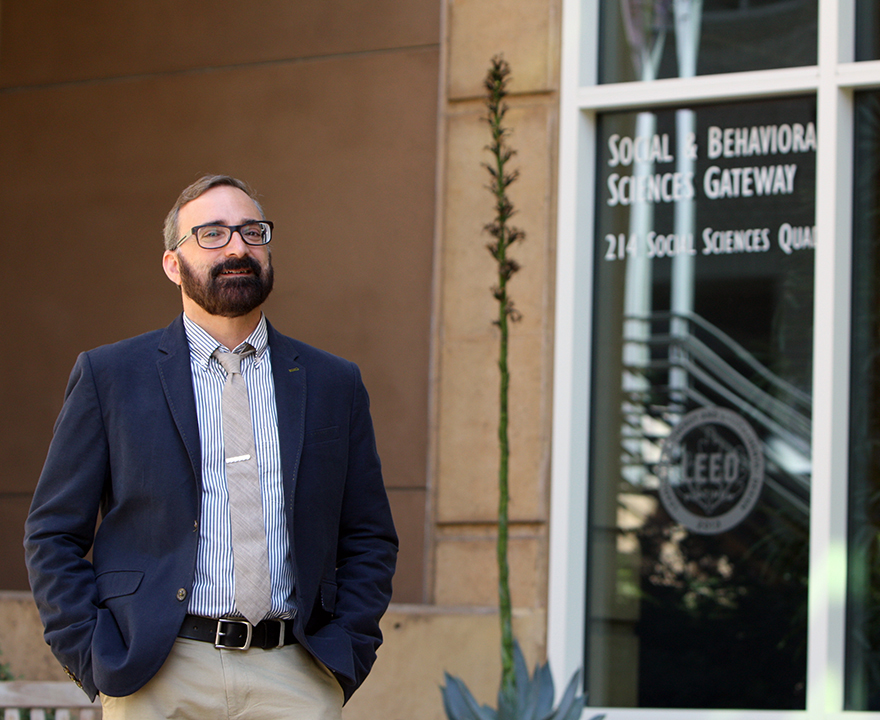Can Russian oligarchs hide their wealth with crypto? Analysis and advice for regulators from a finance expert

Can Russian oligarchs hide their wealth with crypto? Analysis and advice for regulators from a finance expert
- March 15, 2022
- Bill Maurer, professor of anthropology and law, weighs in, courtesy of New World Notes
-----
With global sanctions hitting Putin-aligned Russian oligarchs and their troves of ill-gotten gains, there's been speculation that these billionaires will hide their assets in cryptocurrency -- a suspicion perhaps heightened by the fact that some crypto firms are refusing to shut down access by Russians to their exchange platforms.
How realistic a concern is this, and how should governments respond? I put those questions to Bill Maurer, Director at the Institute for Money, Technology and Financial Inclusion at UC Irvine, and one of the world's foremost experts on alternative/experimental forms of money and finance:
"If you look at real-time transactions right now on fiatleak, you'll see that most of the trading between rubles and crypto is to Tether, a stablecoin that markets itself as fully backed by US dollars," he tells me. "That would represent a flight to stability, in contrast to, say, buying Bitcoin. It's also interesting since there's been a lot of speculation about what the war will do to the price of Bitcoin -- and my answer is, within the current pattern of trading, probably not much.
"Tether, meanwhile, is controlled by Bitfinex, a company that has moved around from tax haven to tax haven (from the British Virgin Islands to Switzerland), with questions about whether the reserves actually exist and where the reserves are really held. Pity the poor oligarch who is drawn to a stablecoin whose value may be based on nothing but thin air. Not."
Read on at https://nwn.blogs.com/nwn/2022/03/cryptocurrency-bitcoin-russian-oligarch.html.
-----
Would you like to get more involved with the social sciences? Email us at communications@socsci.uci.edu to connect.
Share on:
Related News Items
- Careet RightThe penny stops here: As 200-year-old coin ends its run, retailers face costly shift without clear rules
- Careet RightBanks plead for federal guidance as penny shortage spreads
- Careet RightStablecoins and tribal chiefs: Monetary authority after the GENIUS Act
- Careet RightPenny shortages causing big legal, business headaches in much of US
- Careet RightPennies are being canceled and the US Mint won't make any more. What does that mean?


